When we sit down for dinner each day, rarely do we consider the government policies that got that food to our plates. The farmers who grew our food, however, must always remain aware of these policies as they rely on agricultural regulations to operate and grow. On September 20 through 22, growers and nonprofit organizations from across the country gathered with lawmakers in Washington D.C. to discuss just that. Hosted by United Fresh Produce Association, one of the leading trade associations in the industry, this yearly conference brings together policymakers, growers, and companies across the supply chain to discuss key issues in agriculture. This year, the conference centered on nutrition insecurity, labor shortages, food safety, and infrastructure investments.
As one of the few nonprofits represented at the conference, The Farmlink Project embraced this opportunity to advocate for central policy objectives and expand our organization’s network of influence.
Going into the conference, Policy Team Lead Sophia Adelle felt humbled. To have a seat at one of the most critical conferences in agriculture was “nerve-racking” yet also exhilarating. “It’s not common for a nonprofit organization like ours to have access to such a space,” explained Sophia. Having been founded less than two years ago, such representation is practically unheard of. While this speaks to the faith that other organizations have in The Farmlink Project, it also added pressure for our team’s representatives.
Despite the challenge, Sophia and her fellow Farmlink Project representatives Ben Collier and Luis Yepiz—the Head of Core Operations and the Chief Procurement Officer, respectively—saw the conference as both a way to hear directly from growers and a way to highlight The Farmlink Project’s mission.
At the center of Sophia’s focus was a simple question: “What are we going to say?” Namely, what could The Farmlink Project Policy Team say beyond sharing information easily discovered from web pages, promotional videos, or statistics?
We wanted to bring our organization’s mission to life—to ignite a sense of urgency by relating our first-hand experience. Highlighting the pervasiveness of food insecurity and food waste, we aimed to galvanize policymakers into remedying such issues. To make our voice as impactful as possible, Sophia, Ben, and Luis spoke with members of Congress about issues for which The Farmlink Project could demonstrate experience.
“This was an opportunity to further develop our policy advocacy,” emphasized Sophia. A hot-button issue at the conference concerned farm labor shortages, which ties into other immigration controversies. However, instead of speaking on every concern addressed at the conference, a crucial part of our role was focusing on “where our mission had the most value.” This role became apparent with the proposal of a new bill in the House of Representatives: the Fresh Produce Procurement Reform Act of 2021. Introduced by Connecticut Congresswoman Rosa DeLauro, the bill seeks to create a better, more sustainable supply chain for getting fresh produce to food banks, which lies at the core of The Farmlink Project’s mission.
The Farmlink Project team members met individually with members of Congress and their staff to speak on proposals such as the Fresh Produce Procurement Reform Act among other policy objectives. By establishing our organization as a knowledgeable voice in the agricultural sector in these conversations, the team began developing relationships with policymakers, thus enabling future policy advocacy.
Meeting staffers, such as those for Senator Cory Booker and Senator Rand Paul, “was a big deal,” exclaimed Sophia. The Farmlink Project didn’t have a specific policy request; rather, we wanted to use this opportunity to start a conversation about how we can better our food system, which was equally as powerful as presenting a specific policy demand, according to Sophia. “Policy is a means of storytelling,” she emphasized. “Our first-hand perspective represents a portion of the food system that these policymakers cannot see.” Our role is twofold—before we can expect or effectively demand policy change toward a more equitable food system, we must ensure our legislators understand the gravity and nuances of the issues in our current food system.
After the conference, our Policy Team received offers of support from several congressional offices and has continued to meet virtually with members of Congress. Keeping an ear to the ground, the team hopes to better understand the issues facing constituents across the United States and to advocate for sustainable policies on their behalf.
< Back
When we sit down for dinner each day, rarely do we consider the government policies that got that food to our plates. The farmers who grew our food, however, must always remain aware of these policies as they rely on agricultural regulations to operate and grow. On September 20 through 22, growers and nonprofit organizations from across the country gathered with lawmakers in Washington D.C. to discuss just that. Hosted by United Fresh Produce Association, one of the leading trade associations in the industry, this yearly conference brings together policymakers, growers, and companies across the supply chain to discuss key issues in agriculture. This year, the conference centered on nutrition insecurity, labor shortages, food safety, and infrastructure investments.
As one of the few nonprofits represented at the conference, The Farmlink Project embraced this opportunity to advocate for central policy objectives and expand our organization’s network of influence.
Going into the conference, Policy Team Lead Sophia Adelle felt humbled. To have a seat at one of the most critical conferences in agriculture was “nerve-racking” yet also exhilarating. “It’s not common for a nonprofit organization like ours to have access to such a space,” explained Sophia. Having been founded less than two years ago, such representation is practically unheard of. While this speaks to the faith that other organizations have in The Farmlink Project, it also added pressure for our team’s representatives.
Despite the challenge, Sophia and her fellow Farmlink Project representatives Ben Collier and Luis Yepiz—the Head of Core Operations and the Chief Procurement Officer, respectively—saw the conference as both a way to hear directly from growers and a way to highlight The Farmlink Project’s mission.
At the center of Sophia’s focus was a simple question: “What are we going to say?” Namely, what could The Farmlink Project Policy Team say beyond sharing information easily discovered from web pages, promotional videos, or statistics?
We wanted to bring our organization’s mission to life—to ignite a sense of urgency by relating our first-hand experience. Highlighting the pervasiveness of food insecurity and food waste, we aimed to galvanize policymakers into remedying such issues. To make our voice as impactful as possible, Sophia, Ben, and Luis spoke with members of Congress about issues for which The Farmlink Project could demonstrate experience.
“This was an opportunity to further develop our policy advocacy,” emphasized Sophia. A hot-button issue at the conference concerned farm labor shortages, which ties into other immigration controversies. However, instead of speaking on every concern addressed at the conference, a crucial part of our role was focusing on “where our mission had the most value.” This role became apparent with the proposal of a new bill in the House of Representatives: the Fresh Produce Procurement Reform Act of 2021. Introduced by Connecticut Congresswoman Rosa DeLauro, the bill seeks to create a better, more sustainable supply chain for getting fresh produce to food banks, which lies at the core of The Farmlink Project’s mission.
The Farmlink Project team members met individually with members of Congress and their staff to speak on proposals such as the Fresh Produce Procurement Reform Act among other policy objectives. By establishing our organization as a knowledgeable voice in the agricultural sector in these conversations, the team began developing relationships with policymakers, thus enabling future policy advocacy.
Meeting staffers, such as those for Senator Cory Booker and Senator Rand Paul, “was a big deal,” exclaimed Sophia. The Farmlink Project didn’t have a specific policy request; rather, we wanted to use this opportunity to start a conversation about how we can better our food system, which was equally as powerful as presenting a specific policy demand, according to Sophia. “Policy is a means of storytelling,” she emphasized. “Our first-hand perspective represents a portion of the food system that these policymakers cannot see.” Our role is twofold—before we can expect or effectively demand policy change toward a more equitable food system, we must ensure our legislators understand the gravity and nuances of the issues in our current food system.
After the conference, our Policy Team received offers of support from several congressional offices and has continued to meet virtually with members of Congress. Keeping an ear to the ground, the team hopes to better understand the issues facing constituents across the United States and to advocate for sustainable policies on their behalf.
Policy Advocacy at The United Fresh Conference
When we sit down for dinner each day, rarely do we consider the government policies that got that food to our plates. The farmers who grew our food, however, must always remain aware of these policies as they rely on agricultural regulations to operate and grow. On September 20 through 22, growers and nonprofit organizations from across the country gathered with lawmakers in Washington D.C. to discuss just that. Hosted by United Fresh Produce Association, one of the leading trade associations in the industry, this yearly conference brings together policymakers, growers, and companies across the supply chain to discuss key issues in agriculture. This year, the conference centered on nutrition insecurity, labor shortages, food safety, and infrastructure investments.
As one of the few nonprofits represented at the conference, The Farmlink Project embraced this opportunity to advocate for central policy objectives and expand our organization’s network of influence.
Going into the conference, Policy Team Lead Sophia Adelle felt humbled. To have a seat at one of the most critical conferences in agriculture was “nerve-racking” yet also exhilarating. “It’s not common for a nonprofit organization like ours to have access to such a space,” explained Sophia. Having been founded less than two years ago, such representation is practically unheard of. While this speaks to the faith that other organizations have in The Farmlink Project, it also added pressure for our team’s representatives.
Despite the challenge, Sophia and her fellow Farmlink Project representatives Ben Collier and Luis Yepiz—the Head of Core Operations and the Chief Procurement Officer, respectively—saw the conference as both a way to hear directly from growers and a way to highlight The Farmlink Project’s mission.
At the center of Sophia’s focus was a simple question: “What are we going to say?” Namely, what could The Farmlink Project Policy Team say beyond sharing information easily discovered from web pages, promotional videos, or statistics?
We wanted to bring our organization’s mission to life—to ignite a sense of urgency by relating our first-hand experience. Highlighting the pervasiveness of food insecurity and food waste, we aimed to galvanize policymakers into remedying such issues. To make our voice as impactful as possible, Sophia, Ben, and Luis spoke with members of Congress about issues for which The Farmlink Project could demonstrate experience.
“This was an opportunity to further develop our policy advocacy,” emphasized Sophia. A hot-button issue at the conference concerned farm labor shortages, which ties into other immigration controversies. However, instead of speaking on every concern addressed at the conference, a crucial part of our role was focusing on “where our mission had the most value.” This role became apparent with the proposal of a new bill in the House of Representatives: the Fresh Produce Procurement Reform Act of 2021. Introduced by Connecticut Congresswoman Rosa DeLauro, the bill seeks to create a better, more sustainable supply chain for getting fresh produce to food banks, which lies at the core of The Farmlink Project’s mission.
The Farmlink Project team members met individually with members of Congress and their staff to speak on proposals such as the Fresh Produce Procurement Reform Act among other policy objectives. By establishing our organization as a knowledgeable voice in the agricultural sector in these conversations, the team began developing relationships with policymakers, thus enabling future policy advocacy.
Meeting staffers, such as those for Senator Cory Booker and Senator Rand Paul, “was a big deal,” exclaimed Sophia. The Farmlink Project didn’t have a specific policy request; rather, we wanted to use this opportunity to start a conversation about how we can better our food system, which was equally as powerful as presenting a specific policy demand, according to Sophia. “Policy is a means of storytelling,” she emphasized. “Our first-hand perspective represents a portion of the food system that these policymakers cannot see.” Our role is twofold—before we can expect or effectively demand policy change toward a more equitable food system, we must ensure our legislators understand the gravity and nuances of the issues in our current food system.
After the conference, our Policy Team received offers of support from several congressional offices and has continued to meet virtually with members of Congress. Keeping an ear to the ground, the team hopes to better understand the issues facing constituents across the United States and to advocate for sustainable policies on their behalf.
.png)

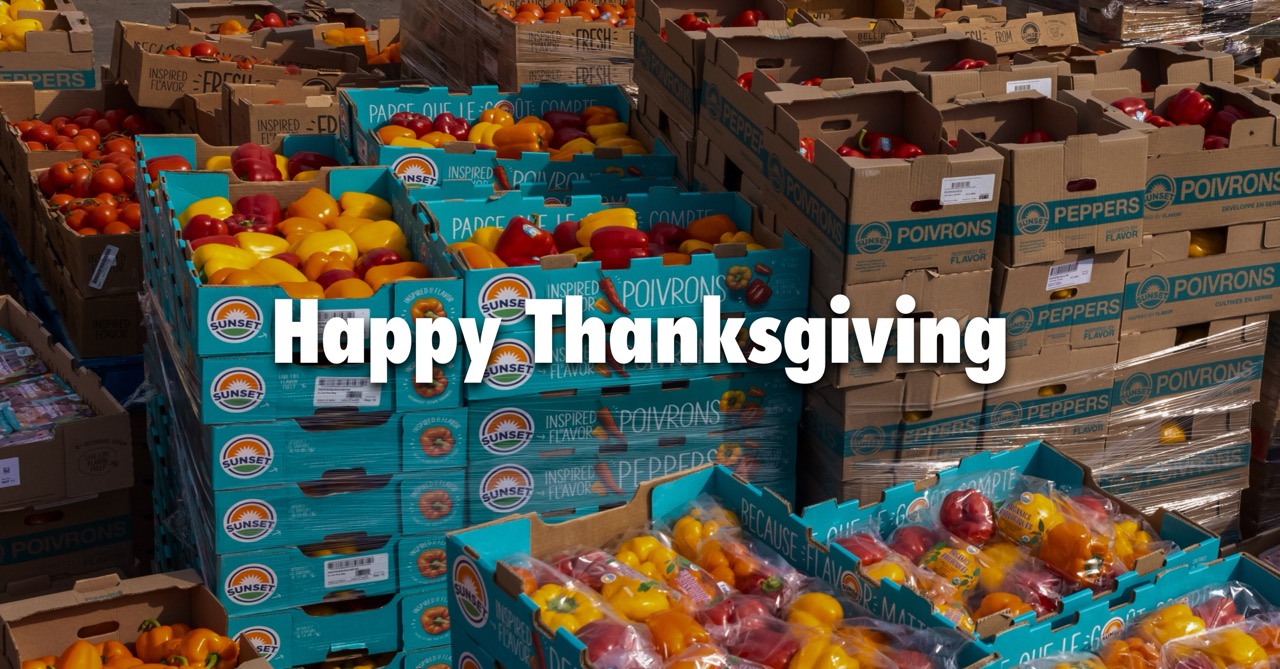
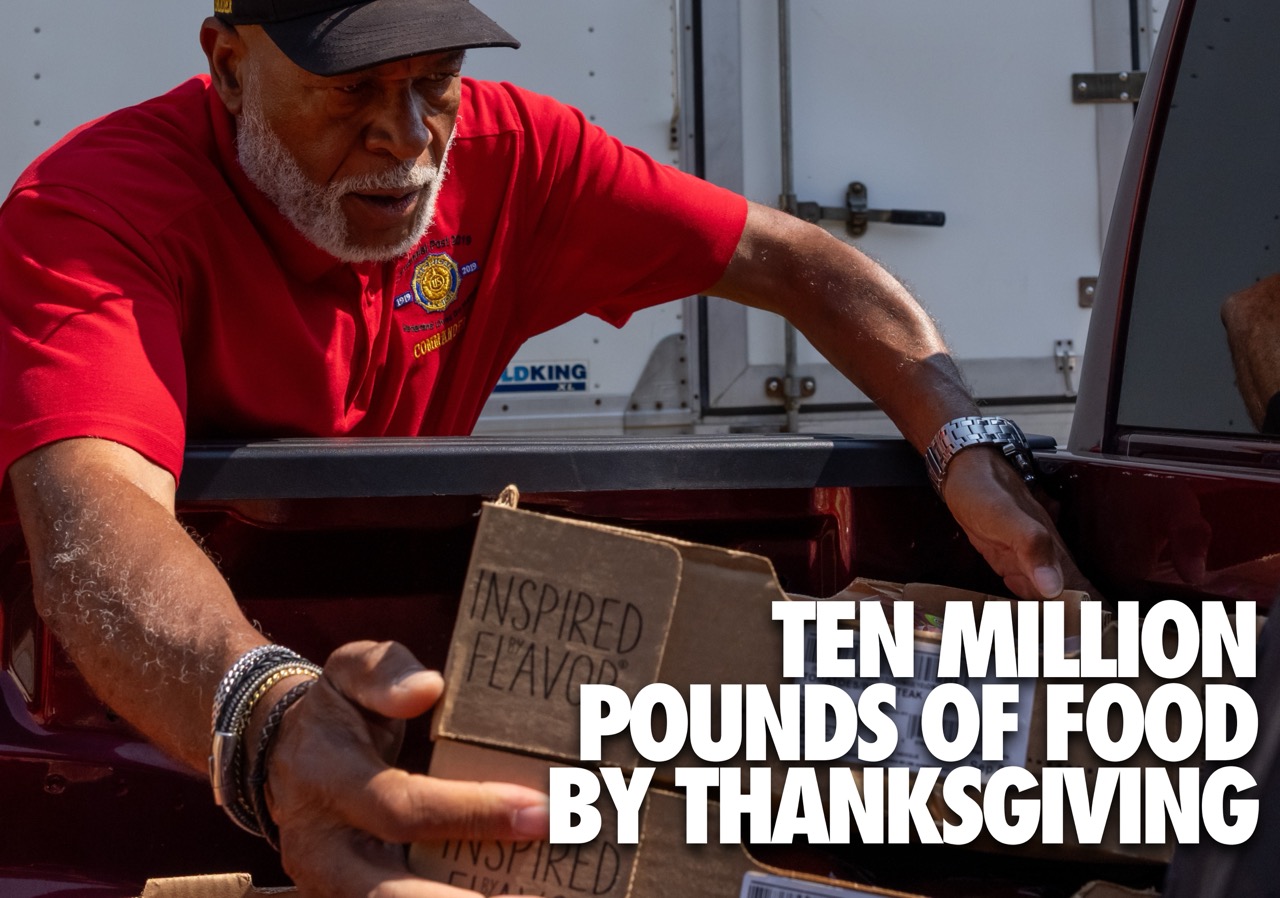
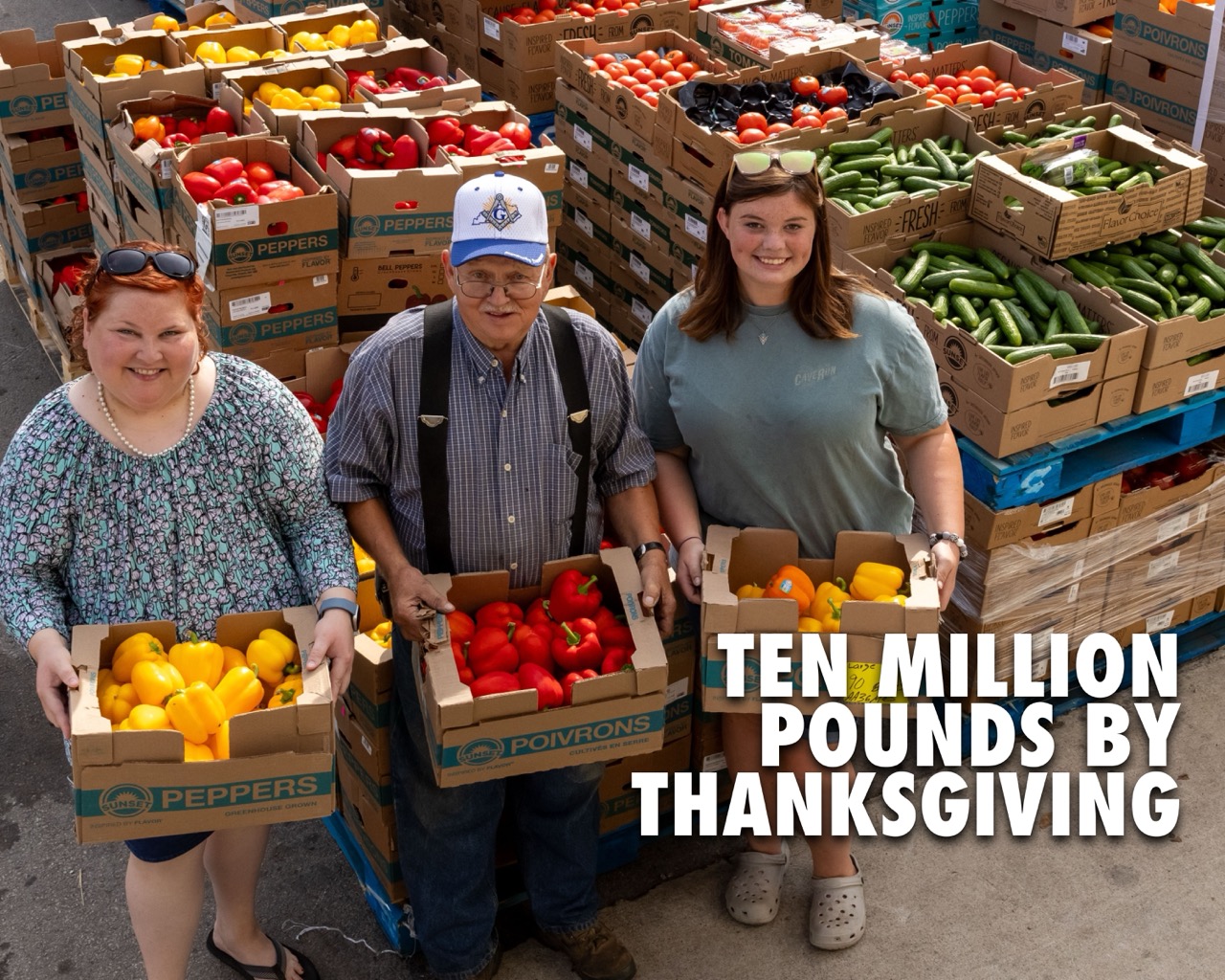
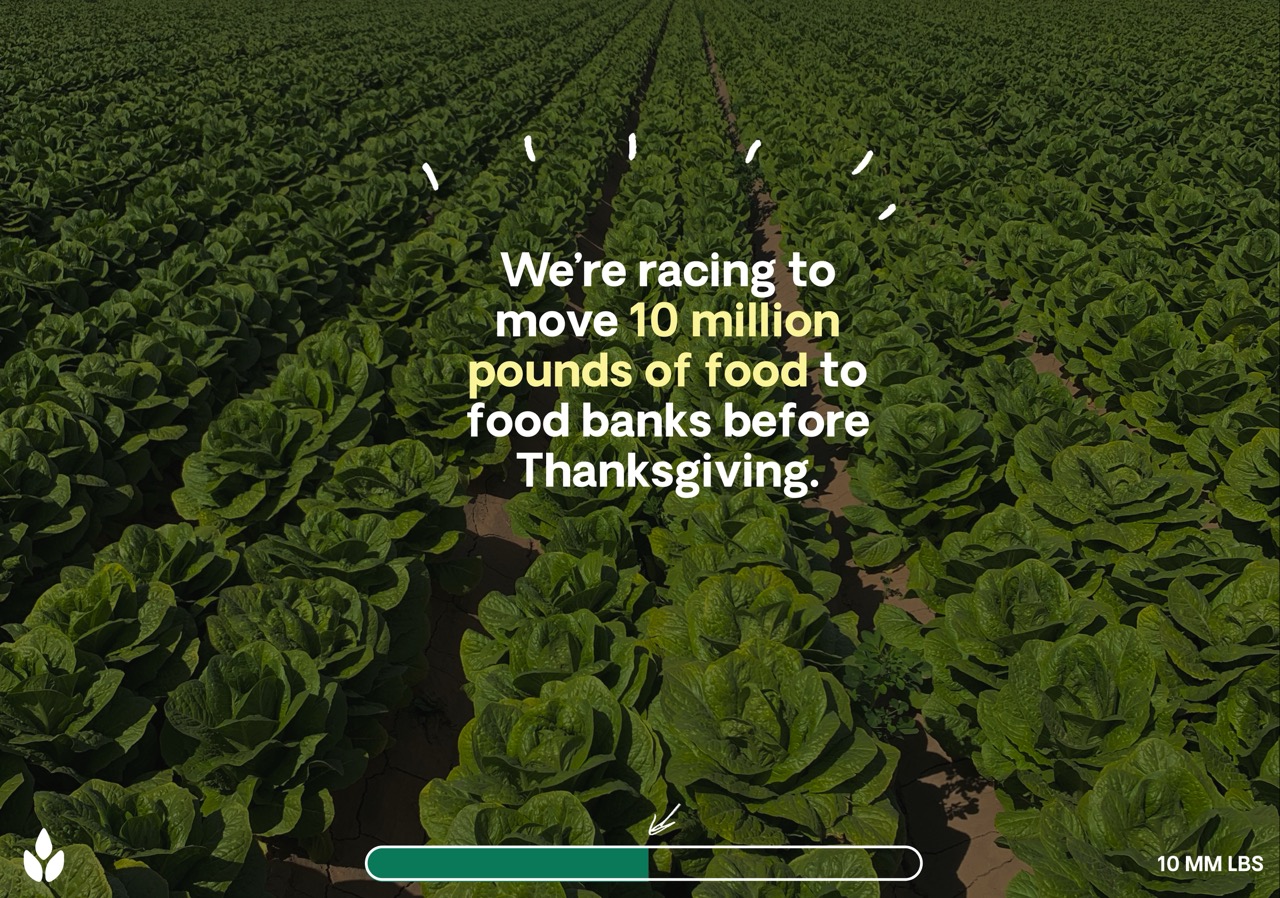
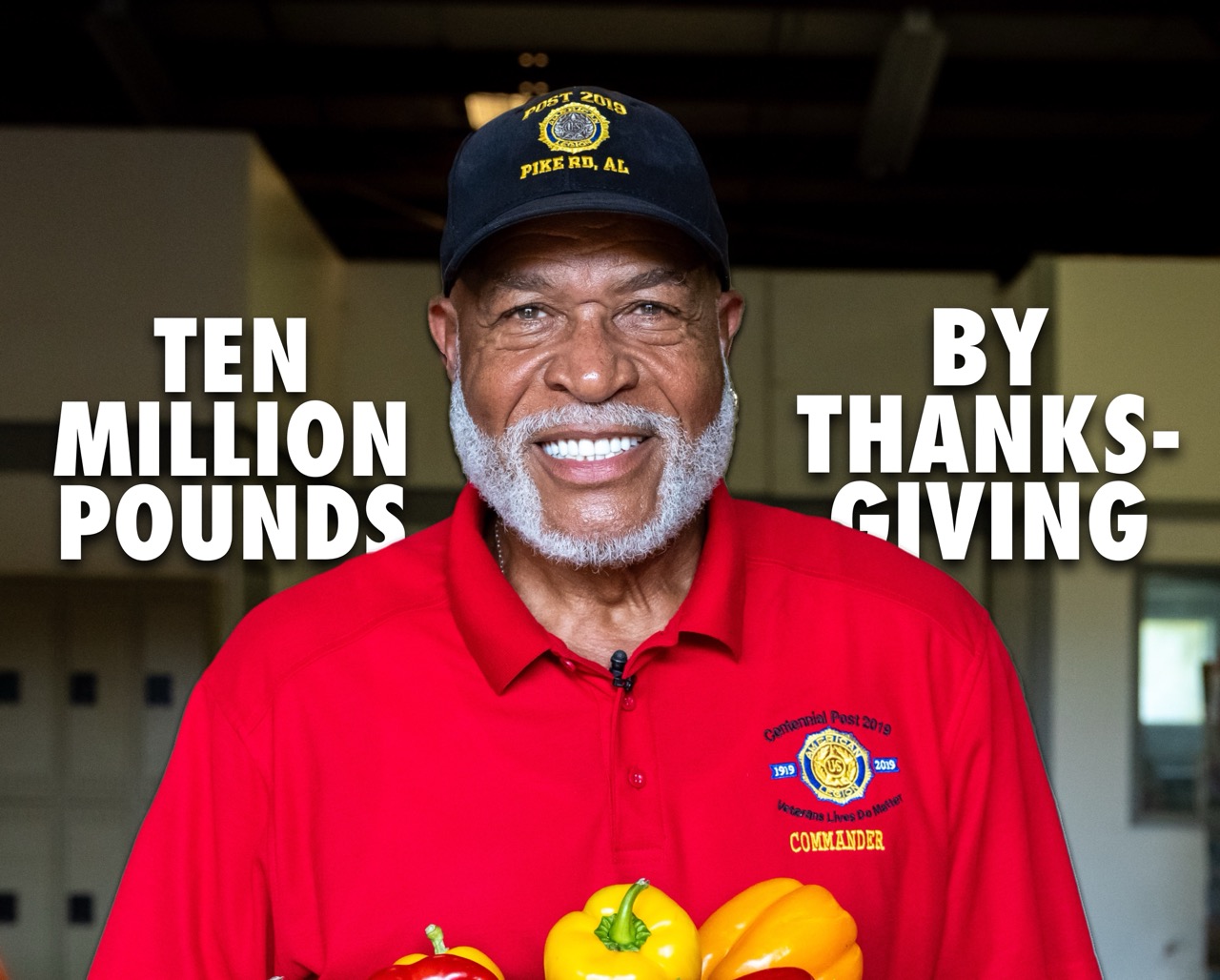
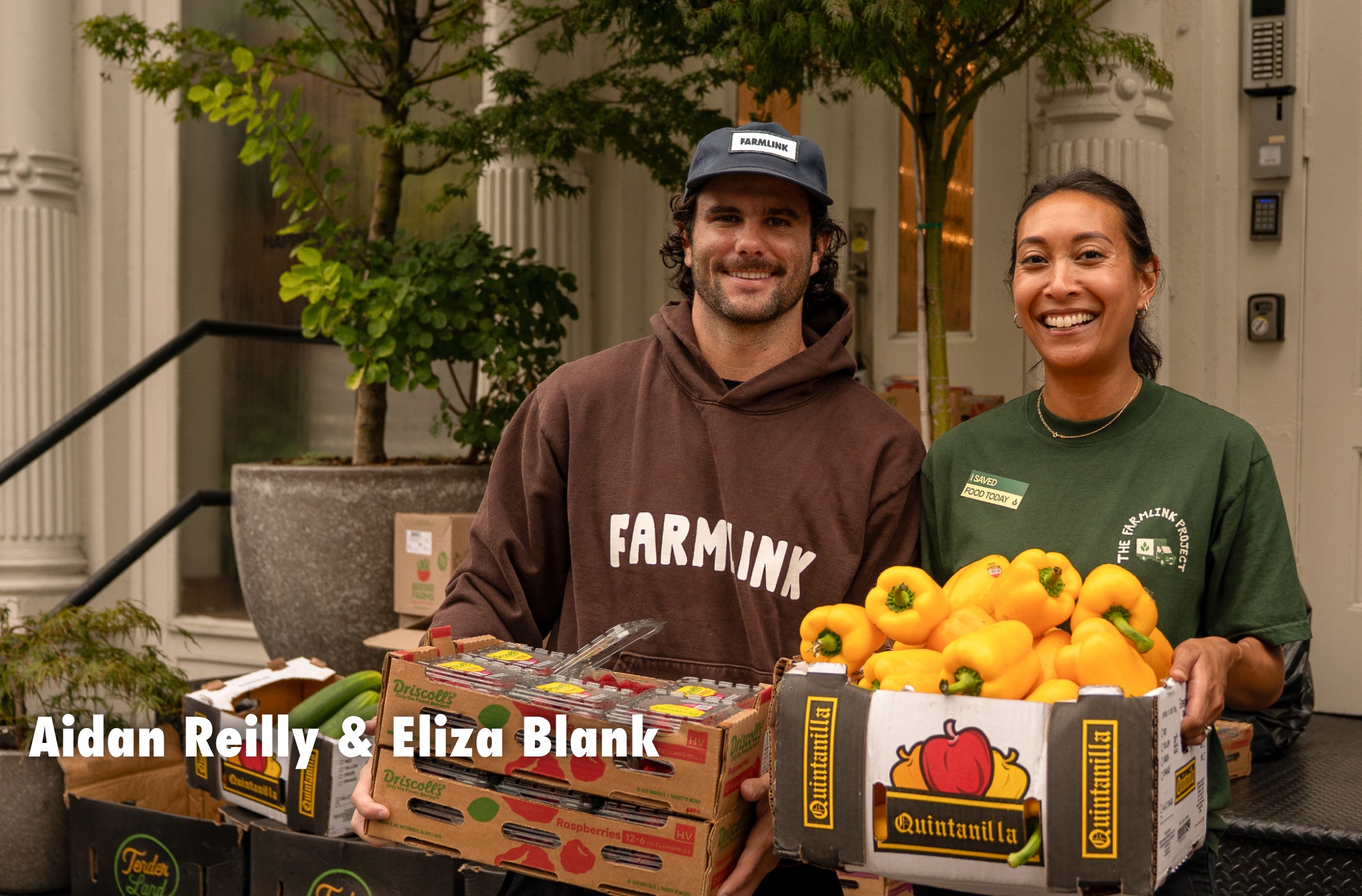
.svg)
.svg)
.svg)